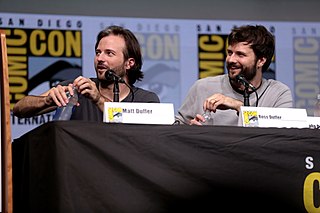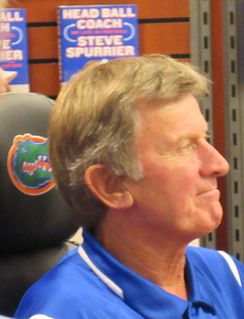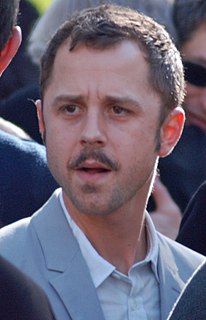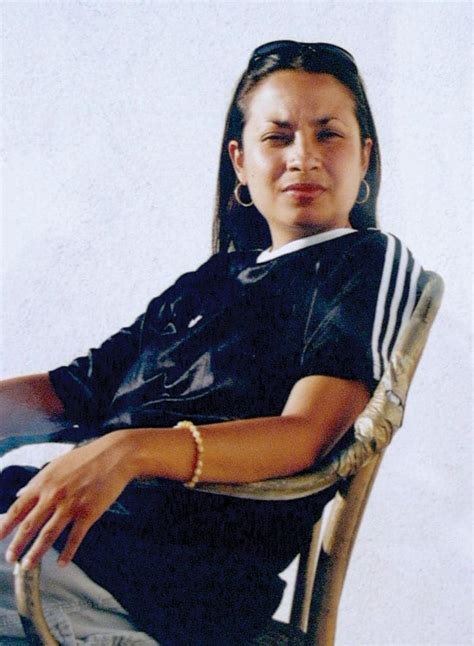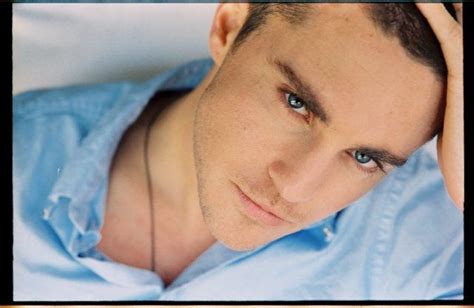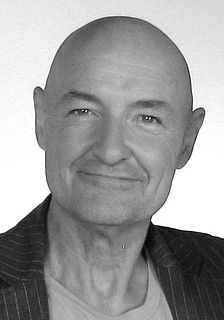A Quote by Duncan Jones
When we first made this whole idea this was going to be calling card film [Moon] and it was going to give the opportunity to make my first feature film. But it turned out a lot better, we just couldn't stop ourselves from going into it, and we are very proud that it turned into something that people wanted to see.
Related Quotes
When I said that something was going to cost a certain amount of money, I actually knew what I was talking about. The biggest problem that we were having on the financing front was people with lots of money saying "you need more money to make this film [Moon]," and us saying "no this is the first feature film we want to do it at a budget where we sort of prove ourselves at the starting end of making feature films; we can do this for $5 million." That is where the convincing part between me and Stuart came, we had to convince people with money that we could do it for that budget.
We had this idea, and I think a lot of people did going in, that you can make some short film and it's going to get industry attention and that's going to be your thing. And it was only later on at school that we realized that's very rare that a short film is going to capture the attention of anyone.
We made 'Mickey and the Bear' with barely any money with a first-time director, a first-time director of photography, and a crew who had just graduated from NYU film school. We were all very much in this together for the first time. There's no famous actor or big explosions. It's not a Marvel movie. I thought nobody was going to see this film.
It's quite interesting, looking back at the first one [film about Harry Potter], nobody knew whether or not it was going to be successful as a film. The books were of course already very successful, but that's happened before, where the books were successful and the films weren't at all. But it turned out that they were.
I may not get the opportunity to make movies for my whole life, but I'm going to make movies for the rest of my life. Maybe studios won't pay for it, but I'm going to do it because I love it. So, I just have to be proud of what I make, and what I'm trying to say in what I make. If people don't like it or people don't see it, that's beyond what I can control. I'm a storyteller, and people are going to listen or not and like it or not. That's only solidified over time.

